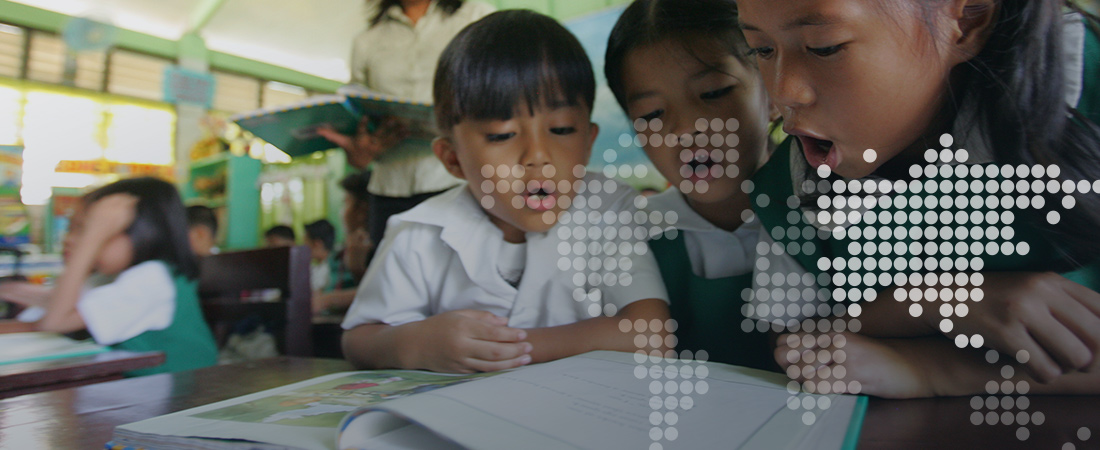
EDC's work to strengthen literacy instruction has improved outcomes for millions of students in the Philippines.
With one quarter of the population between the ages of 10 and 24, the demand in Southeast Asia for education and economic opportunity is greater than ever. EDC’s efforts in Indonesia, the Philippines, and the Lower Mekong to create meaningful opportunities for youth by aligning public, private, education, and industry partners have been successful, reaching hundreds of thousands of young people.
EDC is also improving elementary and basic education for younger children though high-quality literacy programs, teacher professional development, and policy implementation. And we are fighting drug abuse and HIV/AIDS through programs that help people develop the knowledge and behaviors they need to chart a long, healthy future.
Projects
Resources
This study was designed to gain a deep understanding of the skills that youth, employers, and educators think are important for education and employment.
Measuring soft skills is challenging. How can one develop a reliable assessment that can be adapted across global contexts?
The Learning Generation Initiative strategy is a comprehensive road map that outlines our vision and strategic initiatives.
Save Our Future, a global coalition, rallied diverse voices amid the COVID-19 pandemic, emphasizing the vital link between education and the United Nations (UN) Sustainable Development Goals.
This executive summary presents an overview of results from EDC’s evaluation study of Cha-Ching Money Adventures.
Over twelve months in 2018-2019, the Accelerating Work Achievement and Readiness for Employment 2 (AWARE 2) project, funded by J.P.
Through WRN Workplace, work-based learning is integrated into EDC’s Work Ready Now program to make learning come alive outside of the classroom.
Overview of EDC's higher education institution experience providing market-relevant job skills for youth, resulting in successful entry points into the world of work.
This study examines the effects of EDC’s interactive radio instruction (IRI) programming on student learning outcomes in classrooms in India, documenting the significant positive effects of the structured support for instructional improvement that IRI provides.
The purpose of this note is to detail an offer of support to national governments that are willing to develop sustainable financing strategies for national school feeding programs.